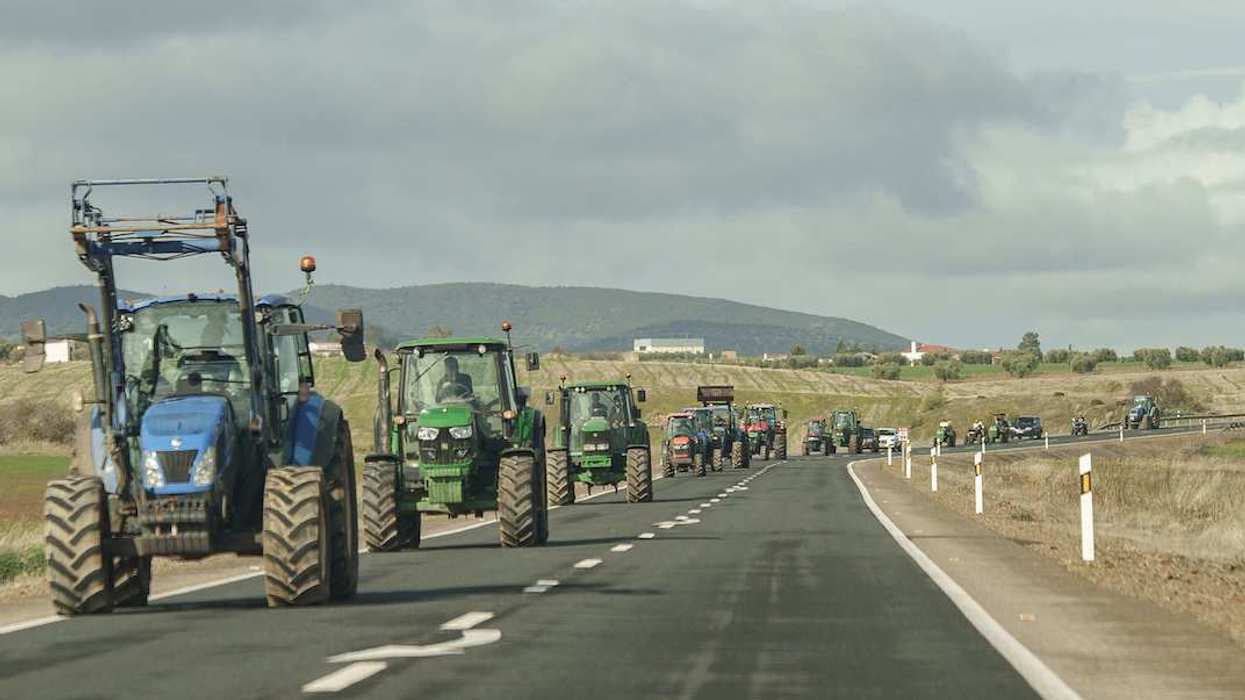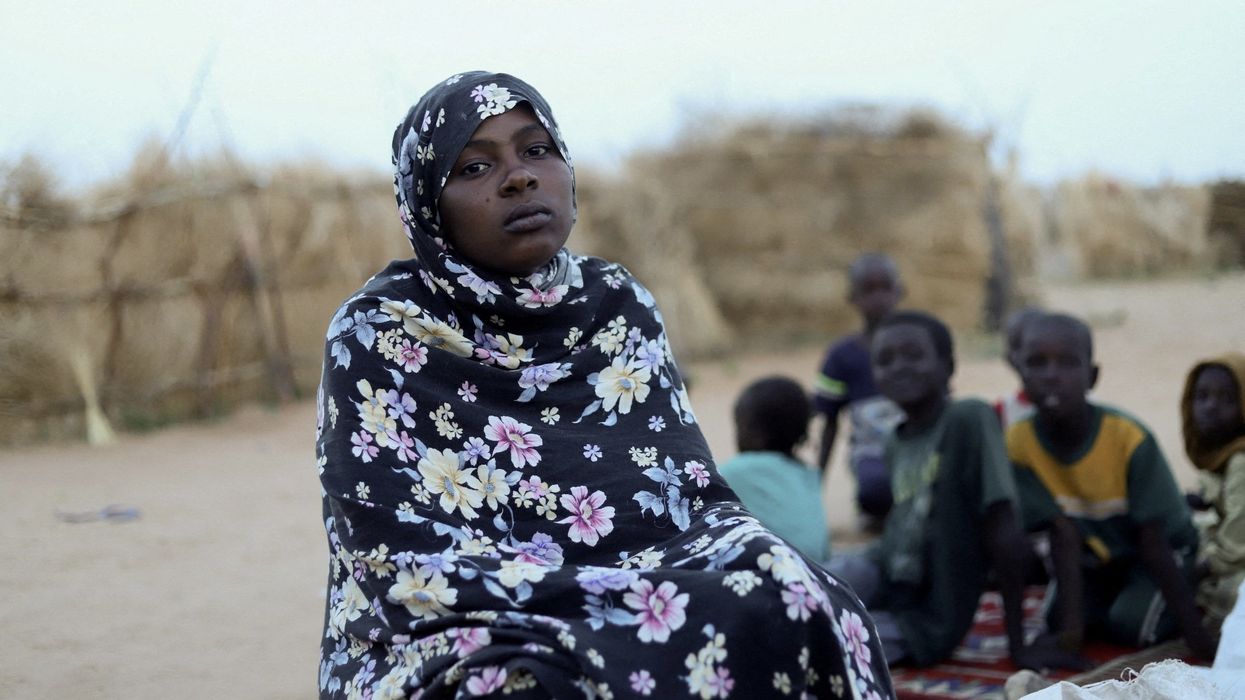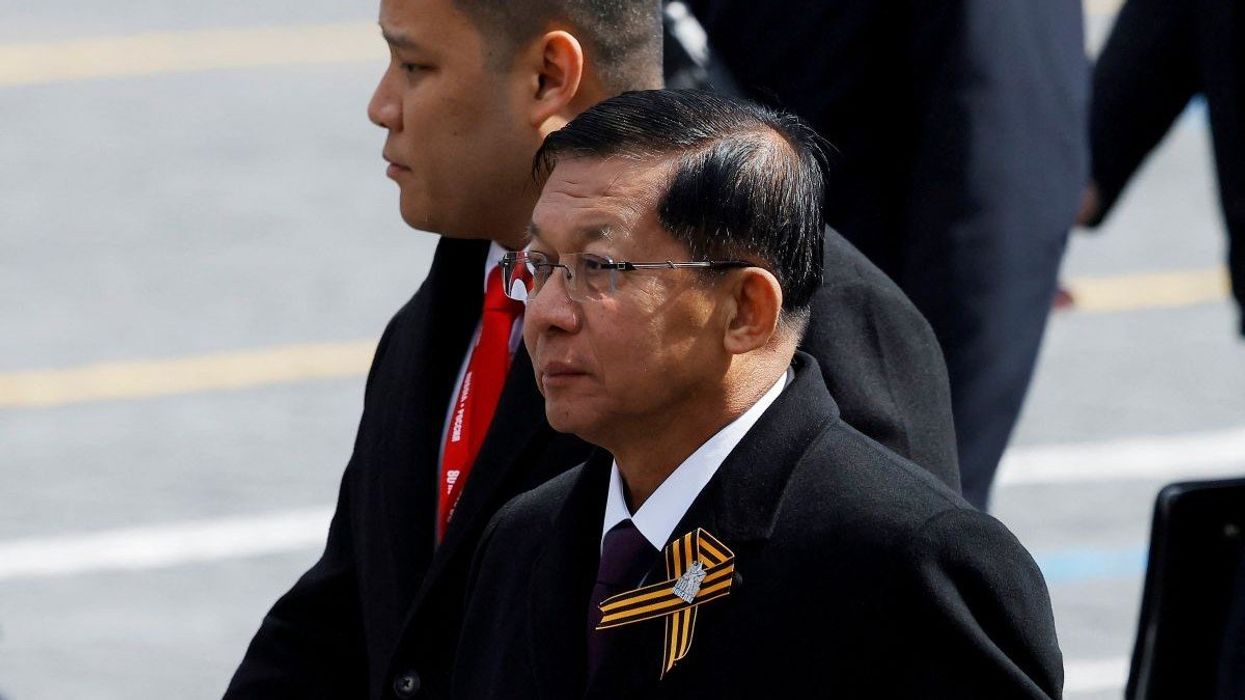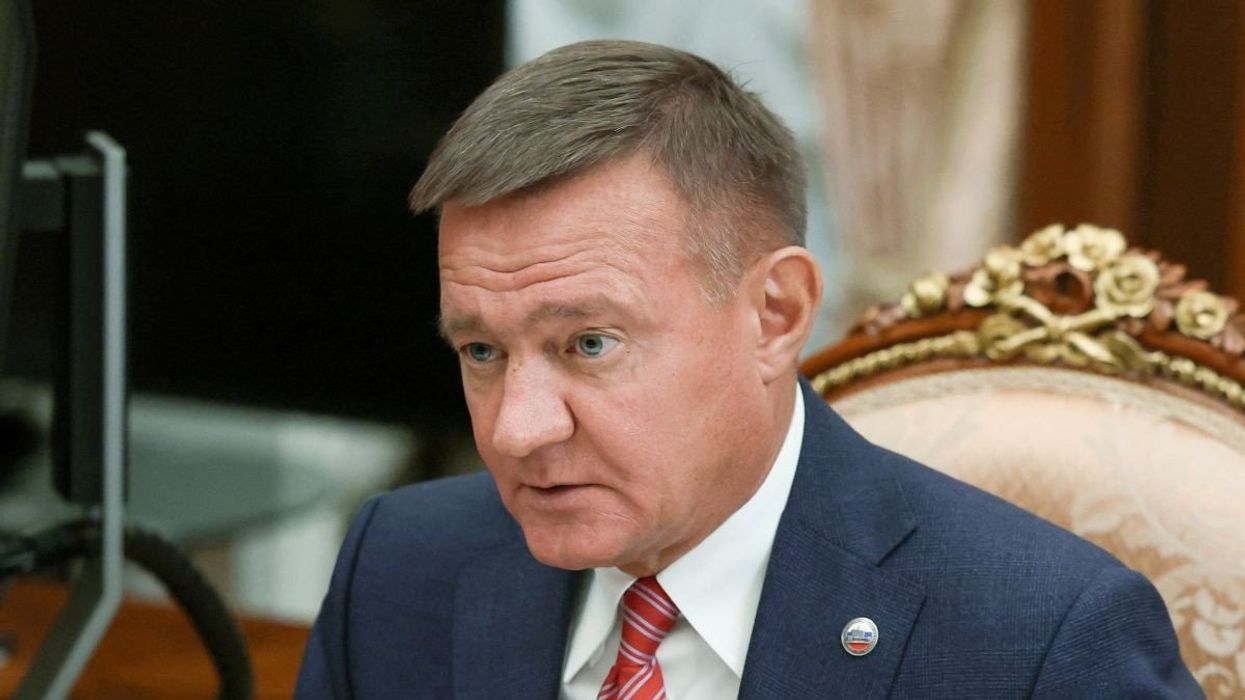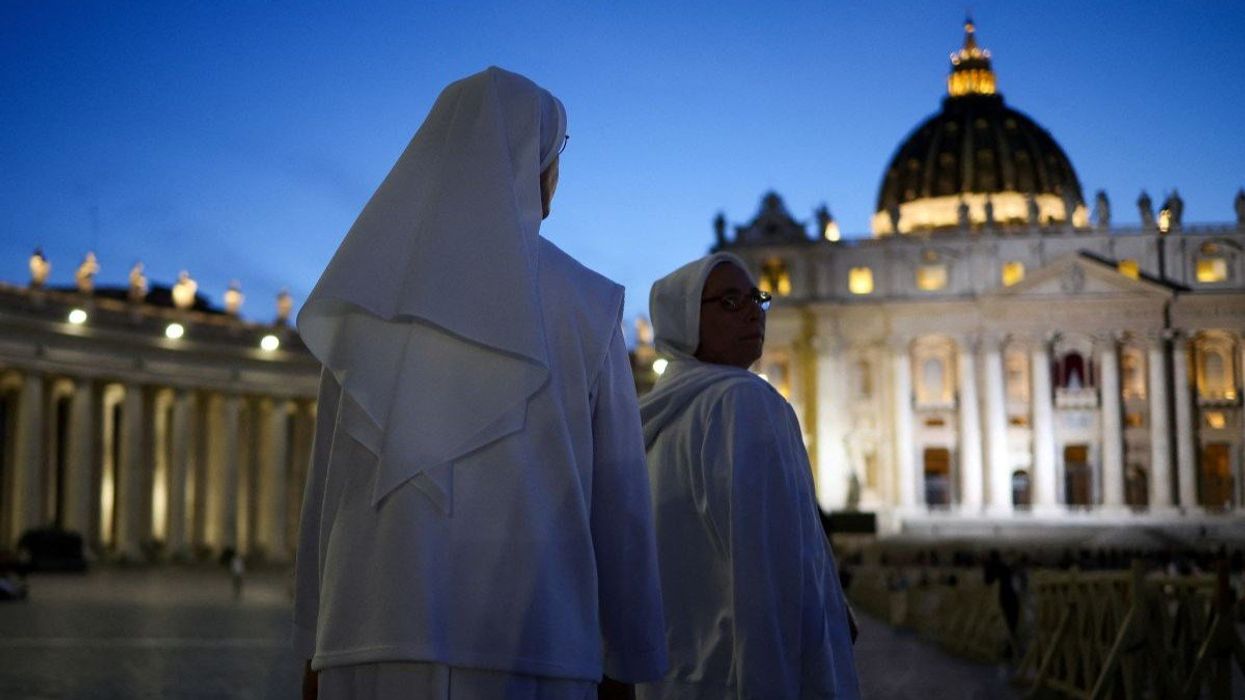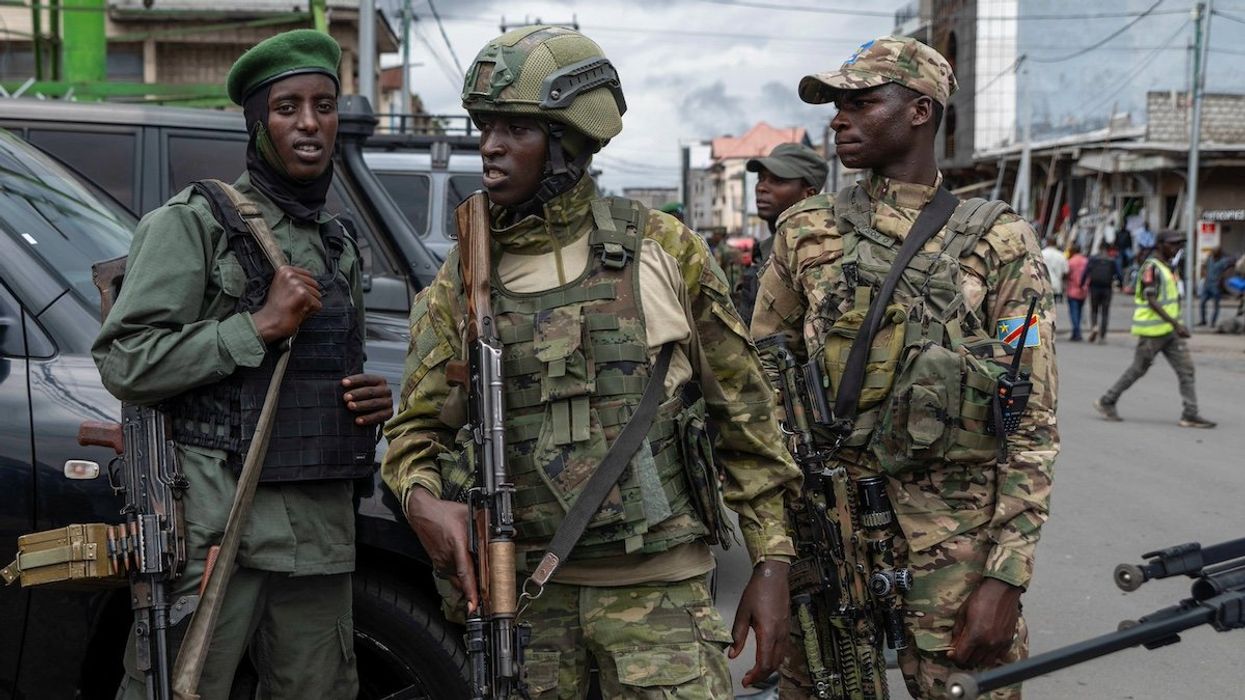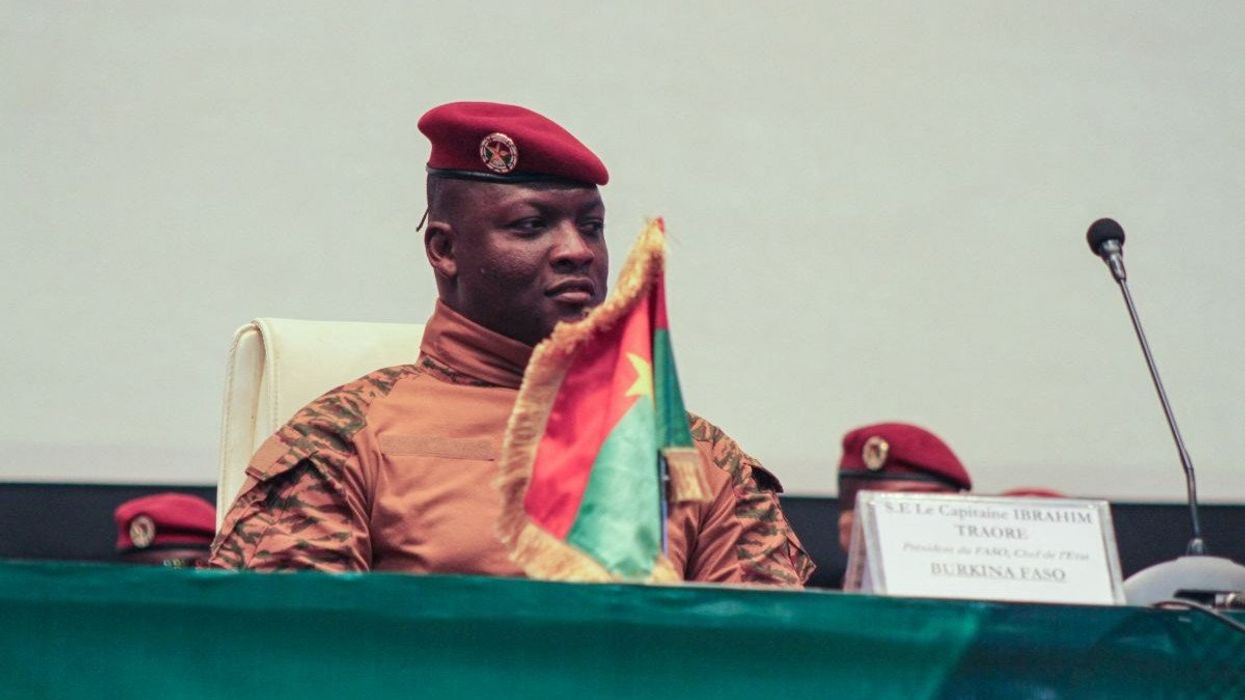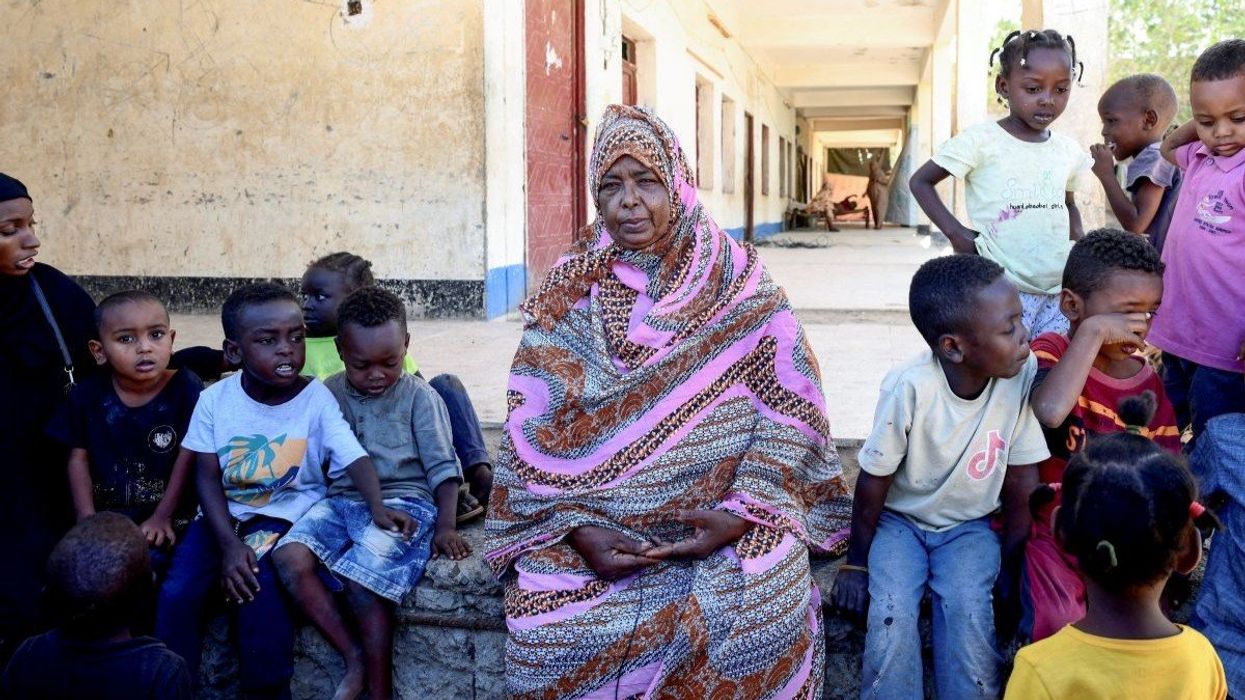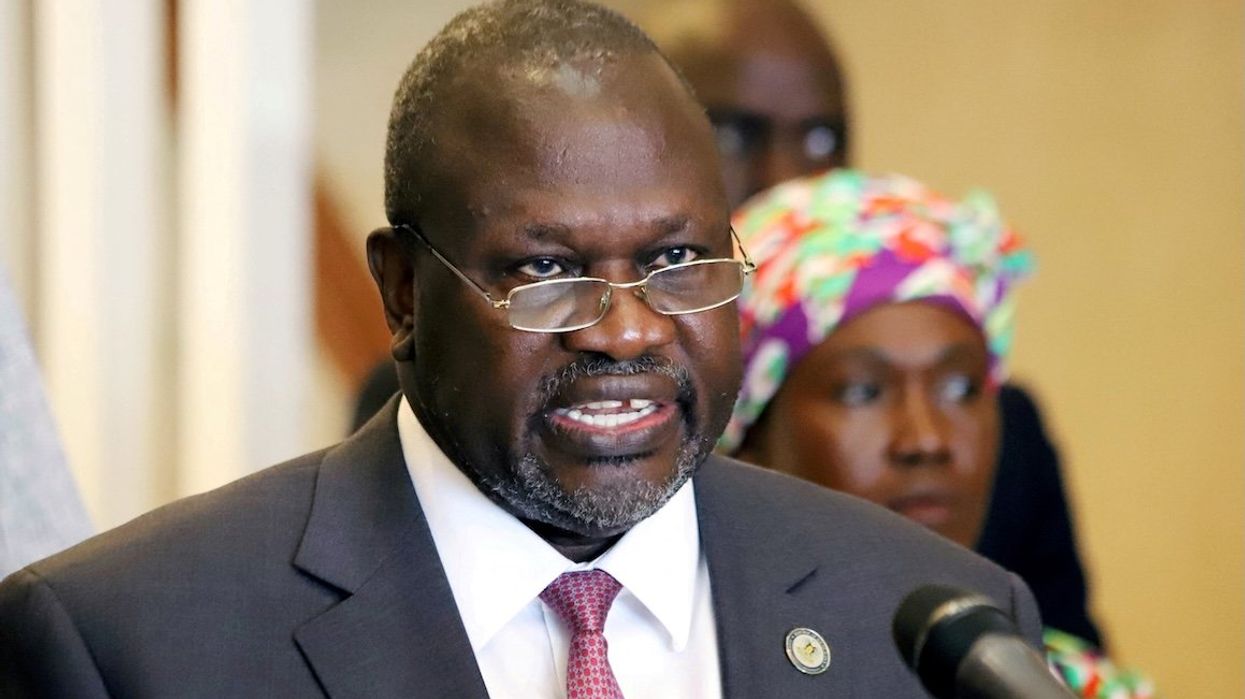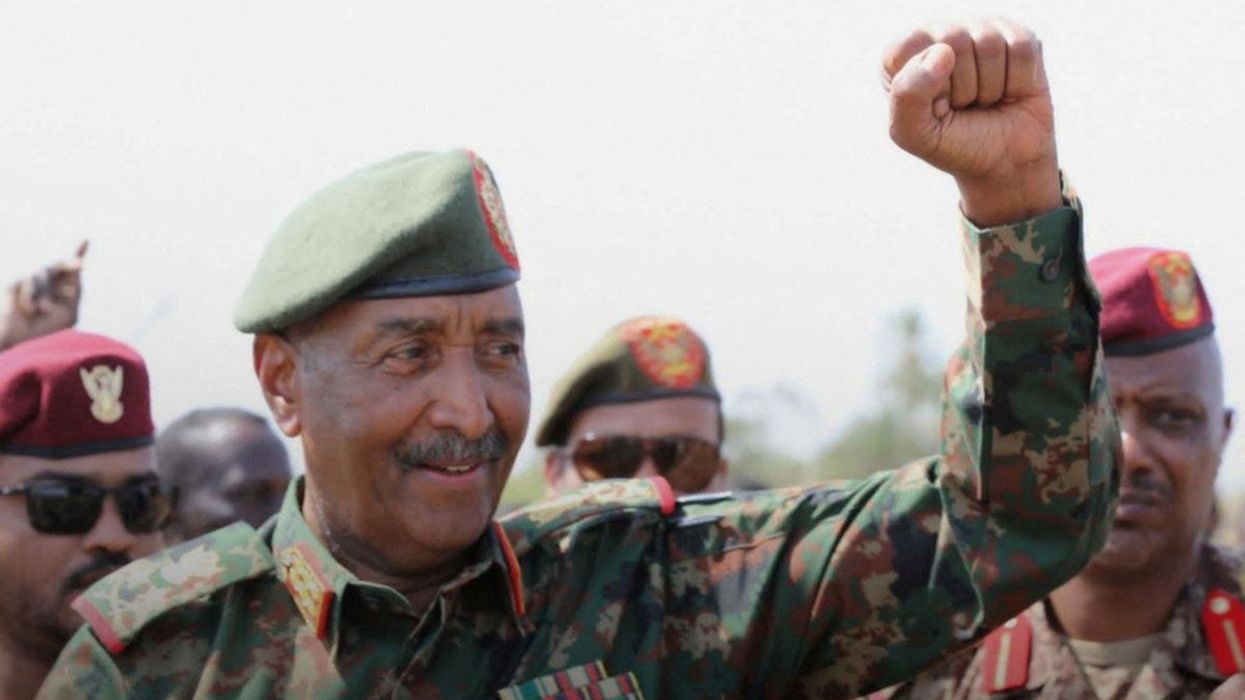What We're Watching
What We’re Watching: The US is upset about a trade deal, Sudan food stocks run low, Denmark puts boots on the ice
The US is criticizing a new EU trade deal with South America’s Mercosur bloc, saying it unfairly favors European farmers at the expense of American importers.
Jan 16, 2026
